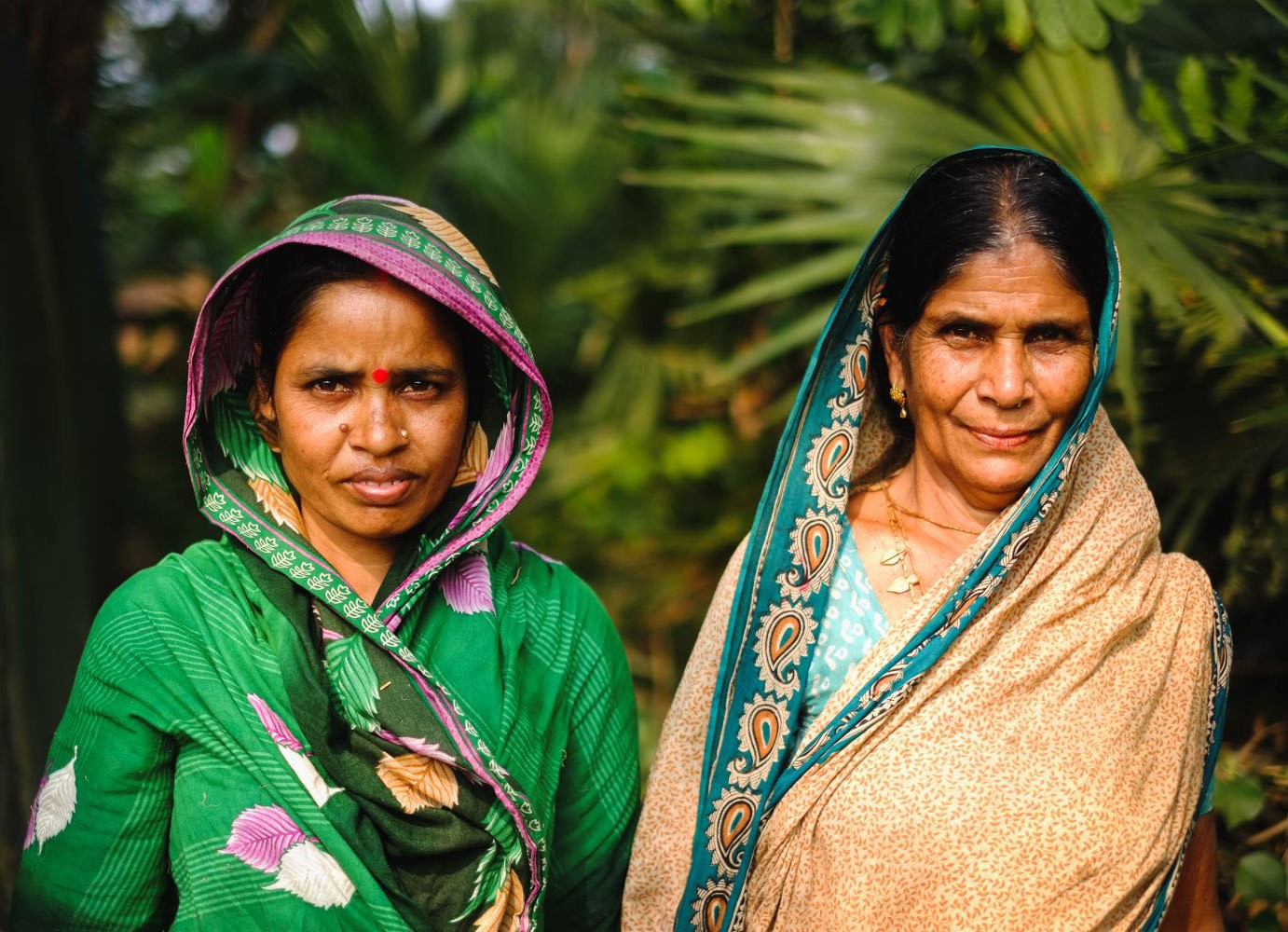This week (September 25th), the UN General Assembly will hold a Special Event on the Millennium Development Goals (MDGs). Alongside exhortations regarding the last two years of the current set of goals, the draft outcome document of the event calls for “a single framework and set of Goals” for the post-2015 development agenda. The document suggests the new goals should cover both poverty eradication and sustainable development and should be “universal in nature and applicable in all countries, while taking account of differing national circumstances.” I hope that language stays in the final draft (see here for why). But if we’re going to have a single set of sustainable development goals applicable in all countries, it seems like a great time to be thinking about Millennium Development Ideals: laying out the minimum level of quality of life to which we practically aspire for everyone on the planet.
While the current MDGs lay out the battle against absolute poverty and deprivation, no one would suggest achieving them would mean we’d reached an acceptable minimum level of quality of life for all. Take the first goal: let’s hope we rid the world of $1.25 a day poverty. But even if we do, no one would call $1.26 a day adequate for a high quality of life. Millennium Development Ideals would attempt to frame and (preferably) put numbers to the outcomes that would be considered minimally adequate to achieve a high quality of life anywhere in the world. As it might be: making it over the US poverty line of around $13 per person per day; or universal access to clean hot and cold running water in the household. The ideals wouldn’t be targets with an end-date –it is simply preposterous to imagine we could achieve them by 2030. But they’d say where we’re hoping to end up.
Why do Millennium Development Ideals matter? Because they round out a framework of goals aimed at confronting absolute (multidimensional) poverty and those aimed at sustainability:
· They ensure the global relevance of sustainable development -- that the post-2015 development agenda is truly universal. Upper middle income countries (let alone high income countries) see almost no $1.25 a day poverty –but all still need to aspire to incomes adequate for a high quality of life. Again, many countries have universal primary enrollment, but very few countries ensure the vast majority of children end schooling fully equipped to take part in economic, social and political life.
· They clarify the challenge in sustainable development. That challenge is not to ensure that the world can sustain global environmental systems while many still die of conditions easily treated by antibiotics or prevented by vaccines, or half of the planet subsists on less than $3 a day or millions finish school unable to read a newspaper or add up a bill. The challenge is to sustain global environmental systems while everyone worldwide makes rapid progress towards a high quality of life.
· They point towards the approaches necessary to achieve sustainable development. While it is plausible to imagine wiping out $1.25 a day poverty through cash transfers funded by existing aid budgets, for example, getting the world to a (sustainable) minimum of $13 is going to take a retooling of global trade, investment and migration rules alongside the transformation of energy production, land use and much else besides.
Lant Pritchett and I lay out the case for Millennium Development Ideals (Lant’s term, I’m just an early adopter) in this paper. I suggest some language for them in a draft declaration in a section that begins: “It is the justifiable aspiration of the vast majority of humanity that they should enjoy an income at least high enough to surpass the national poverty lines of industrialized countries, and the health, educational and broader quality of life outcomes associated with that.” I’d hope that no one in the US and Europe would doubt such an aspiration is, indeed, justifiable –or would want to duck the consequences that follow from that.
CGD blog posts reflect the views of the authors, drawing on prior research and experience in their areas of expertise.
CGD is a nonpartisan, independent organization and does not take institutional positions.





